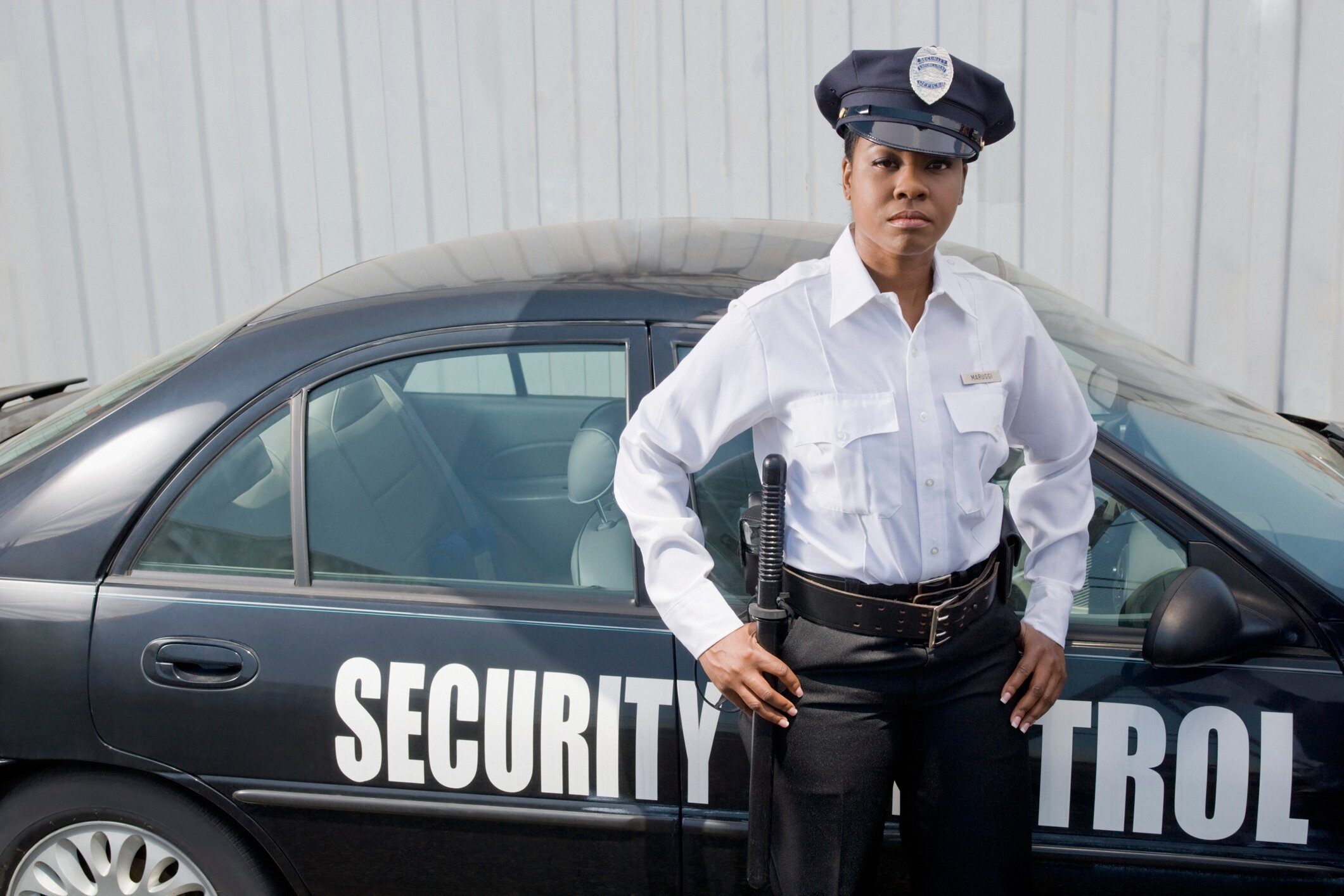 Does providing security measures, such as cameras, security guards or security companies, make the association liable for security breaches that cause harm to others? Is there a price for your safety? Many homeowner’s associations hire private security patrol or contract with the city they live in.
Does providing security measures, such as cameras, security guards or security companies, make the association liable for security breaches that cause harm to others? Is there a price for your safety? Many homeowner’s associations hire private security patrol or contract with the city they live in.
Having security or patrols present in a community can help promote a sense of safety and a common feeling of unity. We all have families, loved ones and priceless possessions to protect.
To what extent is the association responsible for providing HOA security?
Associations are not wholly responsible for security, but may be liable for failing to take timely and appropriate action to resolve general community safety issues that result in loss or damage to an HOA member.
For example, not having proper lighting in common areas and parking lots or failing to fix security gates in gated communities that aren't working properly could make the association liable.
It's important to check the governing documents in your association to see if the CC&Rs create an affirmative duty to provide a safe and secure environment in the community.
To minimize potential liability, the board of directors should take care not to make statements that could be interpreted as promises to the membership about their safety and security. But boards should also encourage members to be vigilant in their own security. To that end, boards should include a security disclaimer in their annual mailings to the membership.
As a result, the association cannot guarantee members security. Members shouldn't rely solely on the association to protect them from loss or harm. But instead, should stay vigilant and provide for their own security by keeping doors locked, refusing to open the door to strangers, asking workmen for identification, installing a security system, carrying insurance, etc.
And it's always a good idea to take security precautions when you're out of town.
Consider Consulting and Attorney
If your governing documents don’t clearly state if you're able to have security, either privately or by having the city patrol and having the association fund it, it's in the board’s best interest to consult their attorney for guidance. The attorney may recommend going out to a vote of the membership.
If the board chooses this route, ballots must remain in a secure place and unopened until the official vote-counting meeting. No person, including a member of the association or an employee of the management company, may open or otherwise review any ballot prior to the time and place at which the ballots are counted and tabulated.
Can an Association Install Video Cameras?
In California, an association can lawfully install a video surveillance camera in all common areas of the development so long as it is not installed in an area or viewing an area where someone may have a reasonable expectation of privacy such as a restroom, locker room, or where the camera may record the interior of a homeowner’s unit.
Posting Signs
There is no law requiring an association (or anyone who posts video surveillance cameras in public spaces) to post signs, give notice or to obtain prior consent to film areas where there is no reasonable expectation of privacy. However, posting signs informing homeowners and other persons that the area is under surveillance may help increase the camera's deterrent effects and lower the likelihood of a claim that a person had a reasonable expectation of privacy.
HOA boards need to be aware of the safety and security of the association and try to do what they can in the best interest of the community. On occasion the safety of members can be compromised. Keep in mind that this may still happen even if all measures have been put in place. Consult your attorney and do your due diligence when is comes to HOA security.

.jpg)








